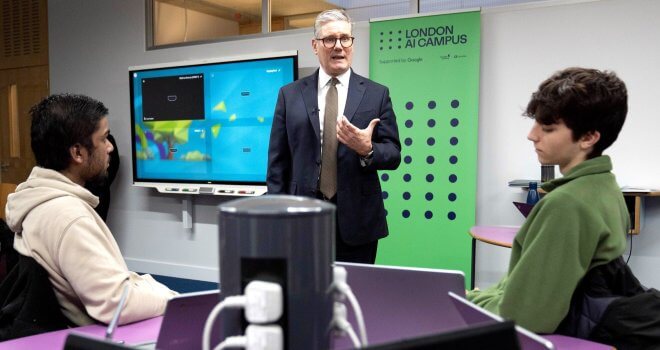7 Ways To Gain Experience In Project Management

A project manager has to look at both the detail and the bigger picture, ensuring things happen how you want them to, on time, efficiently, and effectively.
When it comes to project managing, experience is the key. Qualifications are great too, but many of the skills that make you successful as a project manager are best learnt on the job.
Gaining Project Management Experience
If you are looking to build a career in project management, it can be difficult to get started. When businesses only want candidates with experience, how do you get it?
Here are seven ways that you can get the skills you need to land your first project manager job:
- Look within your work – Regardless of what work you are doing at the moment, there may be opportunities to take on some aspects of a project manager’s role within your job. Perhaps there is a project coming up that you can be involved with – either as the project manager, assistant, or being part of the project’s management team, for example. You can help with the execution of a project, its control, or monitoring to get valuable experience of how project management works.
- Volunteer – If you can manage to get some time when you are not working, it can be extremely valuable to get some work experience (which is usually unpaid). This can be done by volunteering with certain aspects of a project, or even managing the whole project if that is possible. The fact that it is voluntary does not mean that the experience does not count.
- Side projects – If you have the spare time, try having a project managing side project whilst you are working. This could include freelance project management work on any sort of project that you can find.
- Management experience – It will not always be the case that you can find a project to manage straight off, but it is often the case that you can find certain aspects of project management to work on and hone your skills in. Although you may not be managing a whole project, you could, for example, get management experience, fine-tuning your skills in people management, delivery, and motivation.
There are other ‘soft’ skills which are important, too. Research by Arctic Shores suggests that there are three vital skills that leaders possess: curiosity, innovation, and authenticity.
- Practice other skills – There are also other skills needed, in order to be an effective project manager. It could be planning, implementing a plan, or monitoring and control, for example. Although you might not be able to get experience in doing these all together, you may be able to gain experience in carrying out the individual aspects of a project manager’s role. Some of the other aspects to project management include:
- Planning
- Leading
- Execution
- Time management
- Budgeting
- Documentation
- Maintenance
- Management Assistant – Try to get involved in working as a project manager’s assistant. Although you might not be in complete control of the project, you will be able to get valuable insight into how things work and what is required to be a project manager. Although you might not be making the decisions you might be able to be part of the decision-making process, monitoring, and quite possibly having a more hands-on role in the implementation of the project.
- Put Yourself Forward – It might be that there are times when you believe that something in your work or home life needs better management – in budgeting and planning, or the monitoring of a situation. If you notice that this is lacking in a certain area, put yourself forward to do it – there’s nothing to lose and the experience will be very beneficial to you and your future career!




